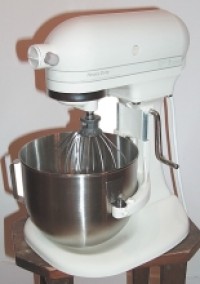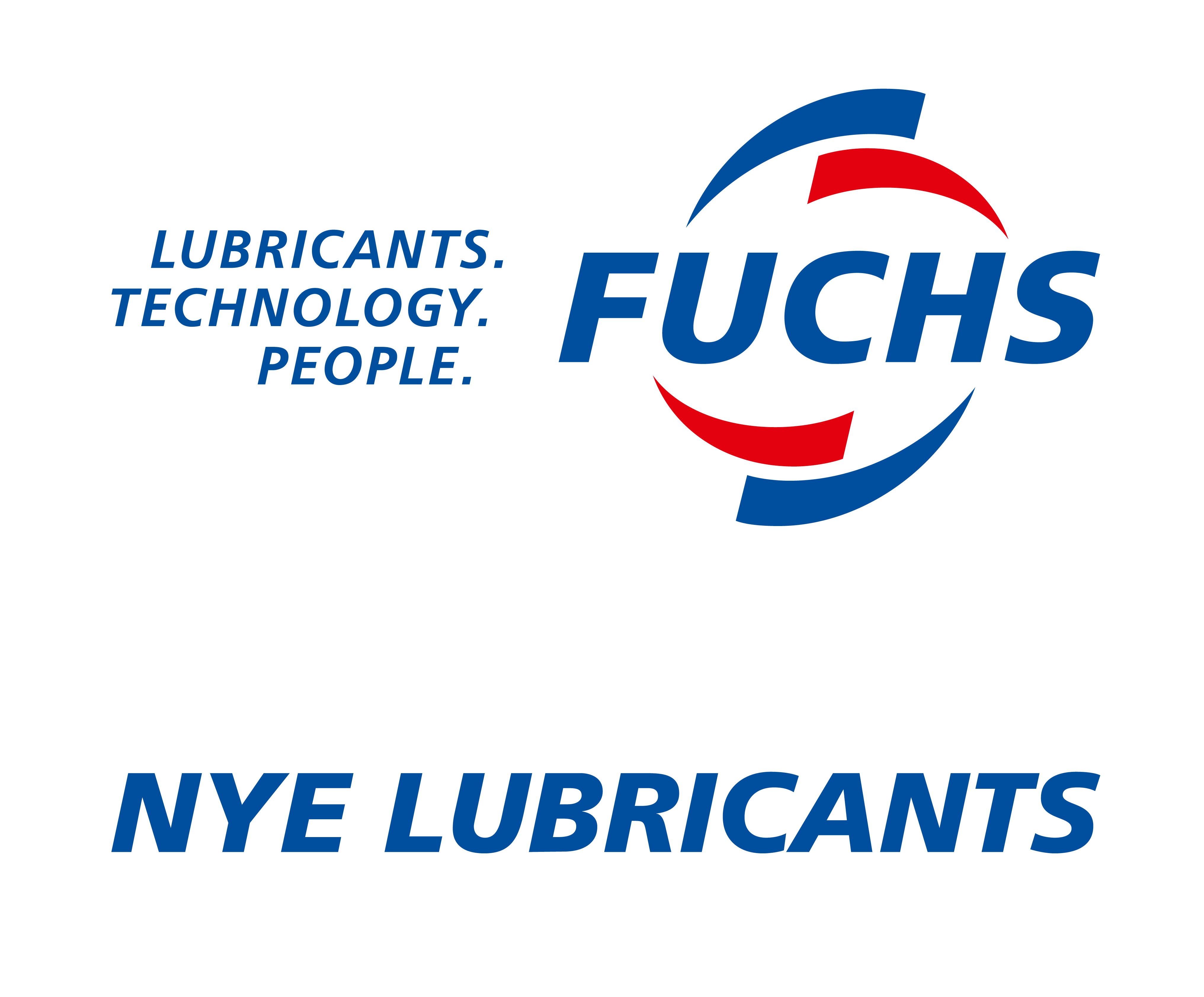Nye Lubeletter - October 2001
 Kid’s Stuff
Kid’s Stuff 
Seitz Corporation designed a motorized, high-temp, high-speed plastic gearbox using Nylon 6/6 with 30% glass fill for a child’s electric car by Step 2 Corporation. Step 2 set high test standards for acceleration, constant high-speed use, and worst-case switching from forward to reverse under heavy load. After the initially tested Nye lubricant didn’t measure up, Nye engineers recommended Rheolube 368AS. This medium viscosity, synthetic hydrocarbon/ lithium soap grease is better suited for high-temperature applications. The recommended grease more than tripled the life of the gearbox under Step 2’s rugged testing conditions.
 One Hot Grease
One Hot Grease
Kingston, a Scott Fetzer Company in Smithville, Tenn., found that UniFlor, a high-temp synthetic grease, not only ensured long life for its new low-profile motorized range lock, but also helped cut material costs. UniFlor is Nye’s brand of PFPE/PTFE oils and greases. The only lubricants that won’t break down under grueling oven conditions, they’re compatible with most plastics and elastomers.
 Cutting Edge
Cutting Edge
Synthetic greases can be designed for double duty — something two leading power tool manufacturers discovered when they came to Nye for greases to increase life and performance of reciprocating saws. Nye’s Rheolube 363BX-1 offers the best of both worlds. Specially formulated for reciprocating saws, this lithium-soap, synthetic hydrocarbon grease contains a mild tackifying additive to reduce oil separation and to prevent sling-off, drip-off, or wipe-off, especially in small gear applications.
 IN GEAR
IN GEAR
Design engineers have only recently begun to use synthetic gear lubricants with regularity because that’s what consumers want — in a roundabout way. Consumers want more performance, reliability, and service life. Retail outlets want fewer warranty claims. So, engineers respond with more torque, speed, and load-handling, often in lighter, more compact designs. All this puts more stress on the gears, stress that petroleum lubricants can’t handle. Thus, paving the way for synthetics.
 Quiet As A…..
Quiet As A…..

The worm gear of a household stand mixer was making a metal-on-metal squealing sound. An off-the shelf grease was “channeling,” i.e., getting pushed aside by the gears, and not slumping back into the gear teeth. This metal-on-metal squeal was the result. Nye solved the problem with a pourable damping grease. This grease retained this shear resistance, while allowing the grease to slump back into the gear teeth and not channel. It enabled the mixer to sail through life-cycle testing and remain as quiet as a … mousse.
 Last Oil Change
Last Oil Change
Some washing machine manufacturers are designing new planetary gearboxes using plastic gear materials. Others maintain conventional, cut-metal, spur gear designs. However, if they rely on standard petroleum oils to lubricate those gears, they all have two things in common: leakage concerns and the added cost of seals and gaskets. Using a synthetic grease solves both problems. While synthetic grease may cost more than petroleum oils, it delivers a hefty ROI by eliminating oil seals, gaskets, silicone sealant, associated manufacturing costs — and the cost of damage control if the transmission leaks oil on a customer’s brand new hardwood floor.

